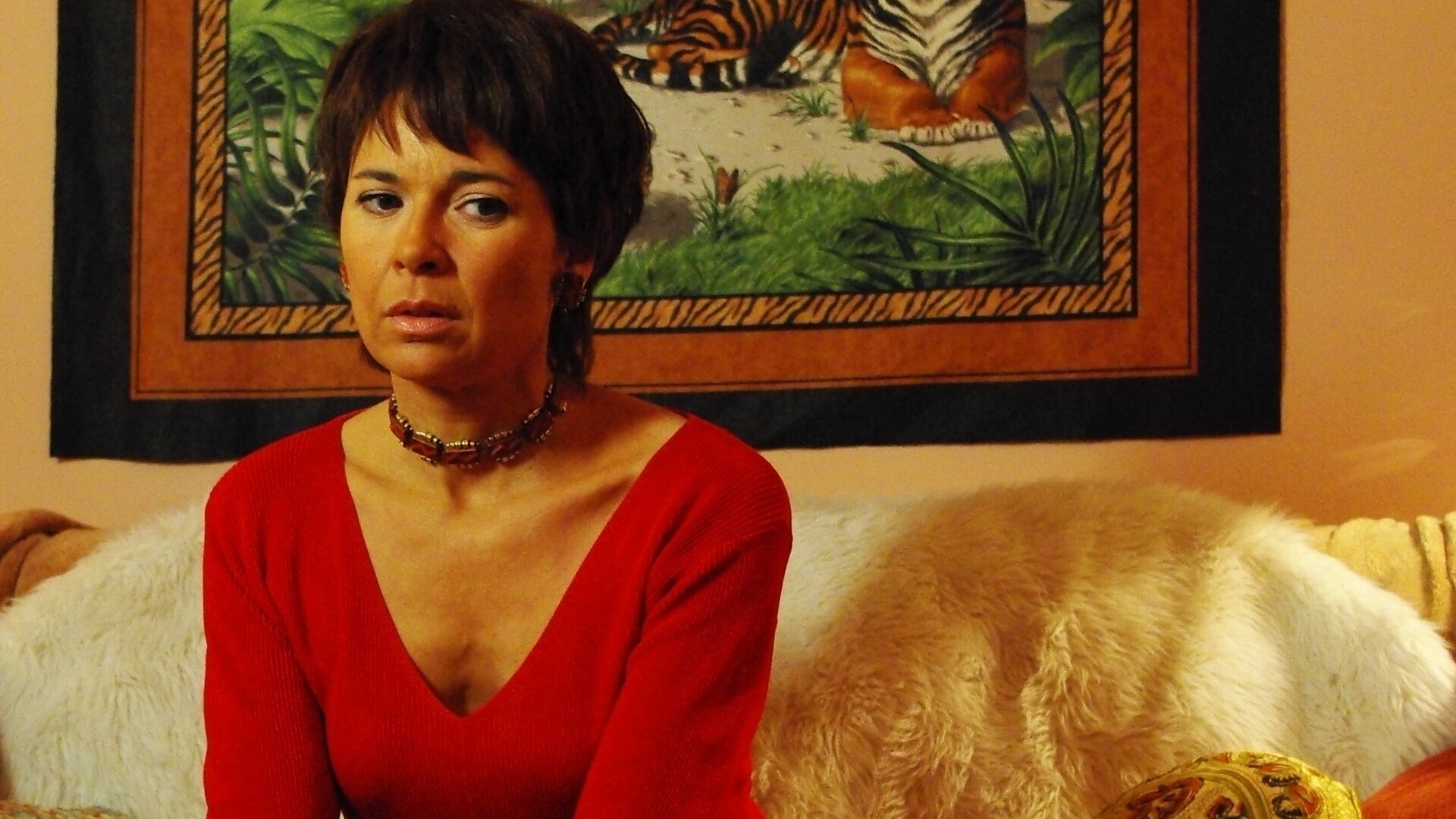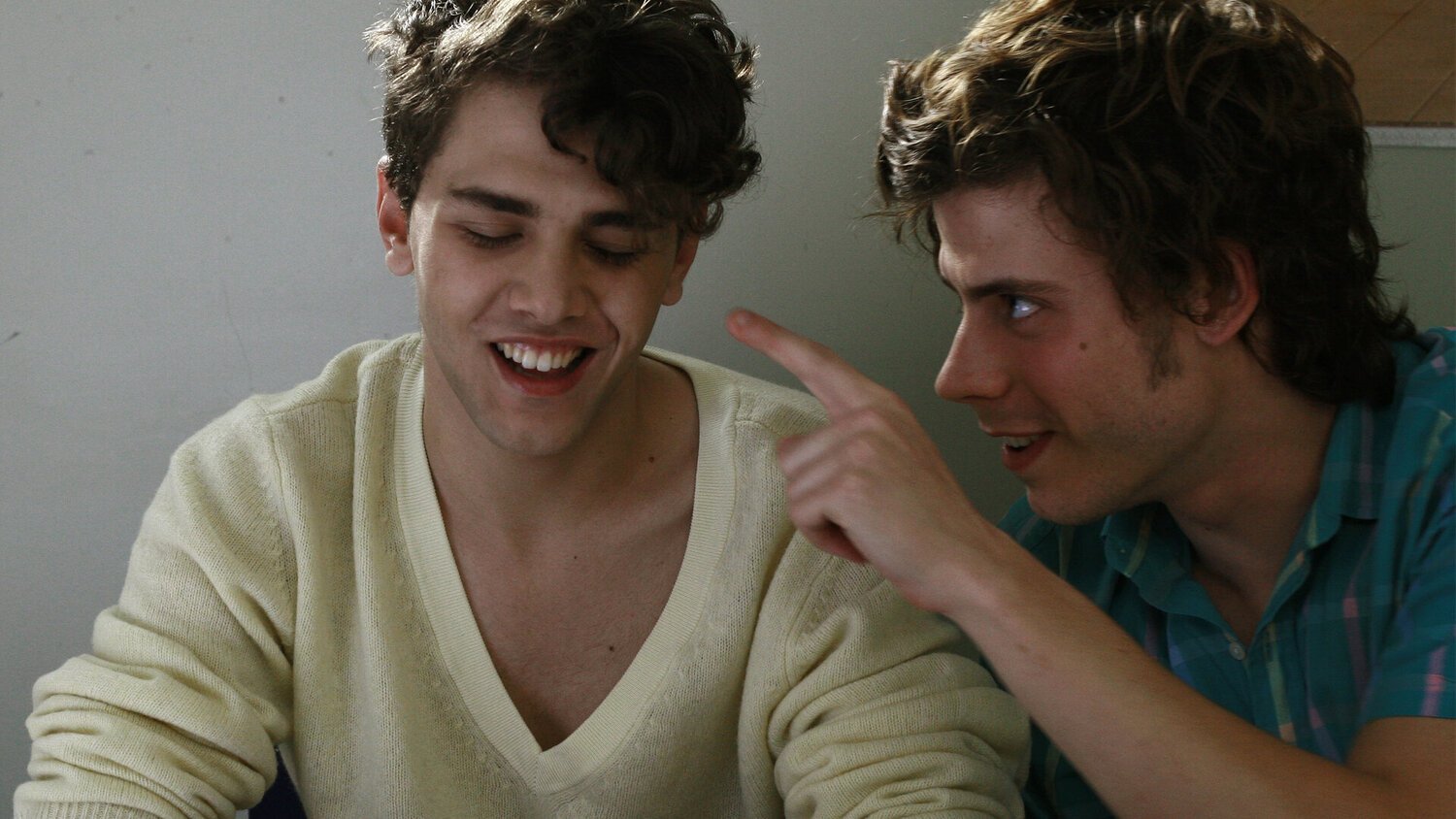Bonds of Intimacy in Xavier Dolan's I Killed My Mother
I Killed My Mother, Xavier Dolan (2009)
What qualifies I Killed My Mother as such an impressive debut feature isn't the fact that its writer-director was twenty years old when he made it—it's the level self-awareness he possessed at such a young age. Xavier Dolan demonstrates the ability to look inward and reflect upon the fact that being closeted, combined with familial dysfunction, brought out the worst parts of himself without much time having passed.
The semi-autobiographical main character Hubert is seventeen, and portrayed by Dolan. Hubert is written to beautifully illustrate the intersection of two common occurrences in certain parent-child relationships, the first being the response Hubert has to his parent's divorce and his father's subsequent absence. Though nearly an adult, he's still too young to have maturely processed his anger, made especially painful by the fact that his birth partially caused his father to leave. Unable to take out this anger on his father, he inflicts his rage upon the parent who is physically present. This is only enhanced by Hubert's status as an only child—he and his mother are trapped in a cycle of emotional chaos without any sort of mediator. And Dolan seems to understand this, having scarcely painted this semi-autobiographical character in the kindest light. Hubert is pretentious. Self-absorbed. Narcissistic. Unnecessarily harsh toward his mother, who can't seem to do anything without irritating him. A grueling slow-motion close-up shot of Chantale (Anne Dorval) devouring a bagel, cream cheese and all, is our introduction to her as a character. Something so harmless suddenly appears grotesque, as though she eats messily with the sole intent of offending anyone unfortunate enough to be in her presence.
I Killed My Mother, Xavier Dolan (2009)


